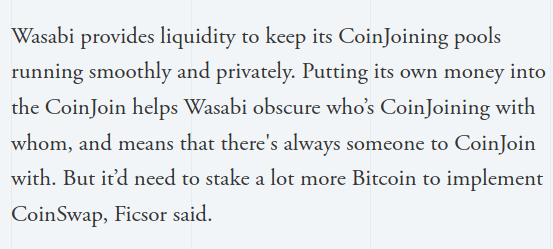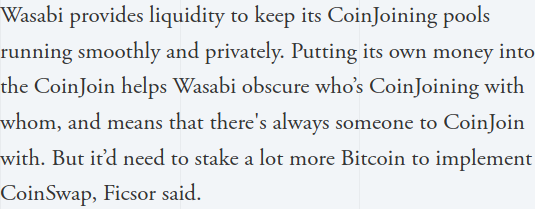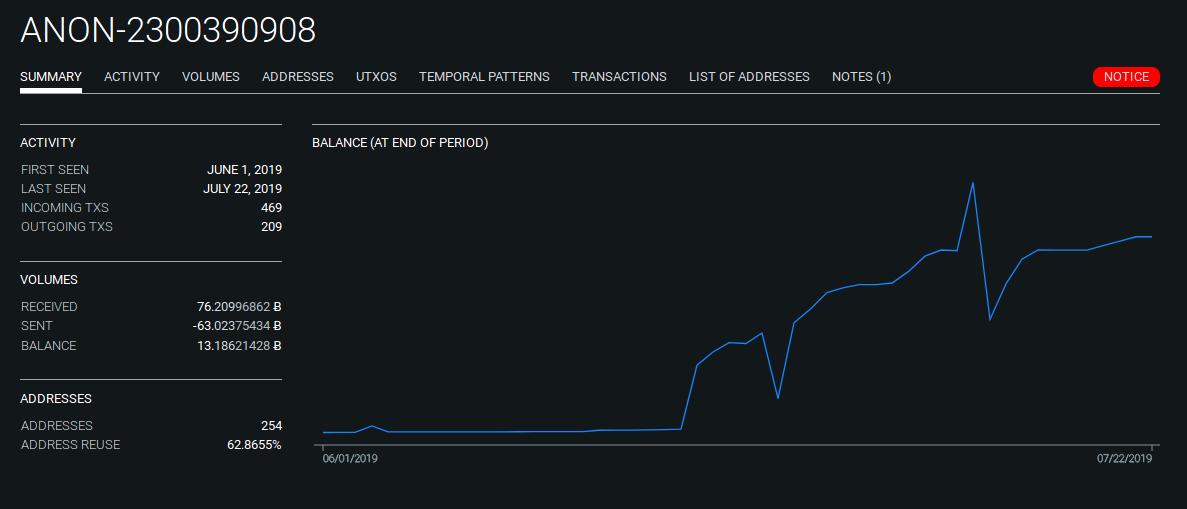
Our understanding of AOPP is it that is some sort of API that wallet developers can incorporate that will automatically 'prove' ownership of a non custodial wallet to the exchange where the user is withdrawing from.
Here is why Samourai Wallet won't include support for AOPP
Here is why Samourai Wallet won't include support for AOPP
1) Undermines self custody. Ironically proponents of this say this will promote self custody by providing a regulated pathway. That is nonsense and by buying into this system you are legitimizing the concept that self custody requires permission & compliance.
2) Reveals a weak 'immune system'. The fact that so many developers of non custodial wallet software have seemingly bought into this system will only serve to bolster further incursions by regulators in the future as compliance among developers was high previously
3) Further undermining of the pseudonymity of Bitcoin. Tying identifying information to what is supposed to be a pseudonymous UTXO is a serious privacy concern by itself. Providing regulators with a cryptographic proof of your identity to a certain output is over the line
We don't yet attribute malice to the people behind the AOPP nor the developers who have made the decision to implement this API into their software. The endeavor is no doubt some misguided quest to improve experience for users.
The road to hell is paved with good intentions
The road to hell is paved with good intentions
We hope developers of non custodial bitcoin software will reconsider normalizing this kind of regulatory overeach by refusing to support the AOPP in their software.
We hope users who use service providers that require this kind of overreach reconsider their option to use them
We hope users who use service providers that require this kind of overreach reconsider their option to use them
Users who choose to make use of exchanges in hostile jurisdictions (like Switzerland) can of course manually sign a message with their private key, but we will NOT be facilitating this communication in any way using any API.
Samourai will not be a pipeline to mass surveillance.
Samourai will not be a pipeline to mass surveillance.
• • •
Missing some Tweet in this thread? You can try to
force a refresh



















